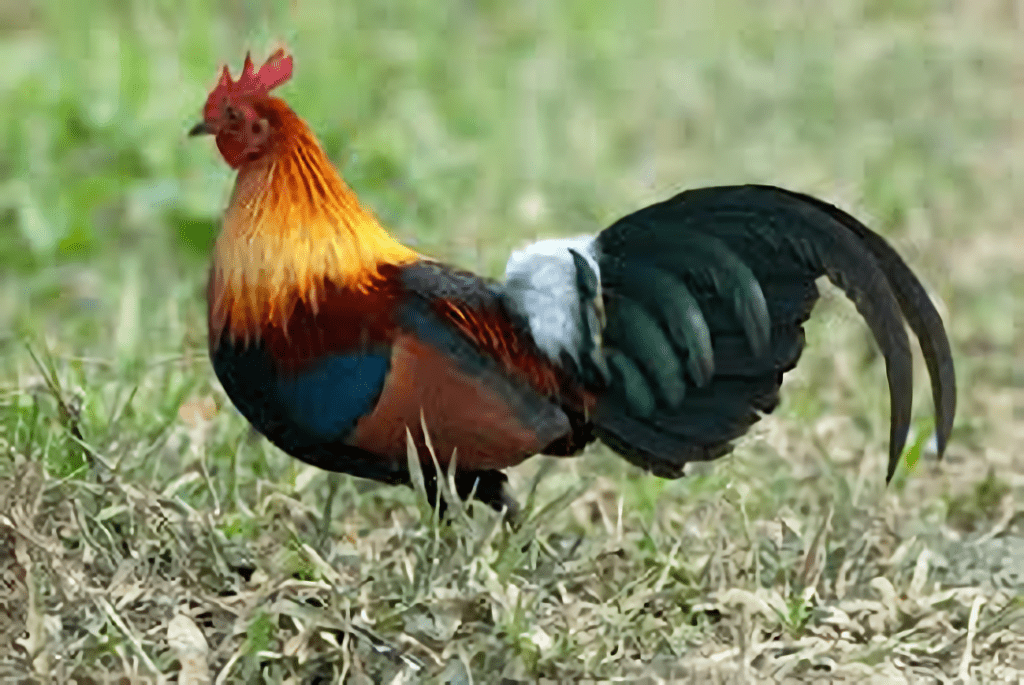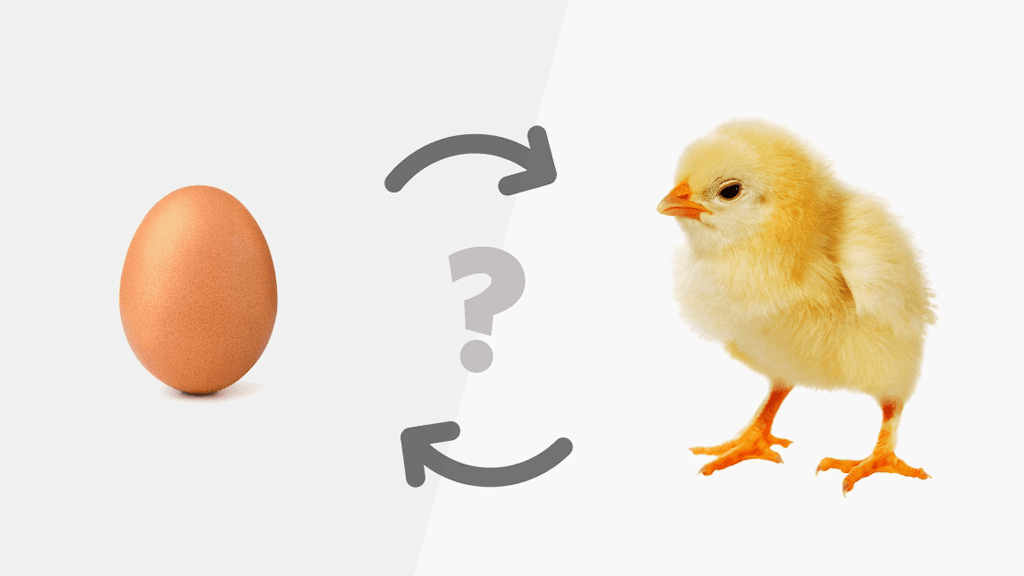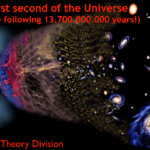Taken at face value, there is no doubt that the egg came before the chicken an estimated billion years ago, whereas chickens have been around for just 10,000 years. Unless we eat them first, we tend to think of eggs as the shelled orbs laid by birds from which their chicks hatch. But all sexually reproducing species make eggs (the specialized female sex cells). That’s 99.99 percent of all eukaryotic life – organisms with cells with a nucleus, so all animals, plants, and everything but the simplest life forms.
The very first chicken in existence would have been the result of a genetic mutation (or mutations) taking place in a zygote produced by two almost-chickens (or proto-chickens). This means two proto-chickens mated, combining their DNA together to form the very first cell of the very first chicken. Somewhere along the line, genetic mutations occurred in that very first cell, and those mutations copied themselves into every other body cell as the chicken embryo grew. The result? The first true chicken.

Leaving chickens out of the equation, we still have the same paradox of how an organism can produce an egg that is where that organism came from in the first place. To answer this question, many biologists claim they evolved simultaneously. Without any evidence of how this could happen, I think it’s more of an excuse to change the subject.
On a lighter note, the egg had to come first. After all, we eat eggs in the morning and chicken for supper.








